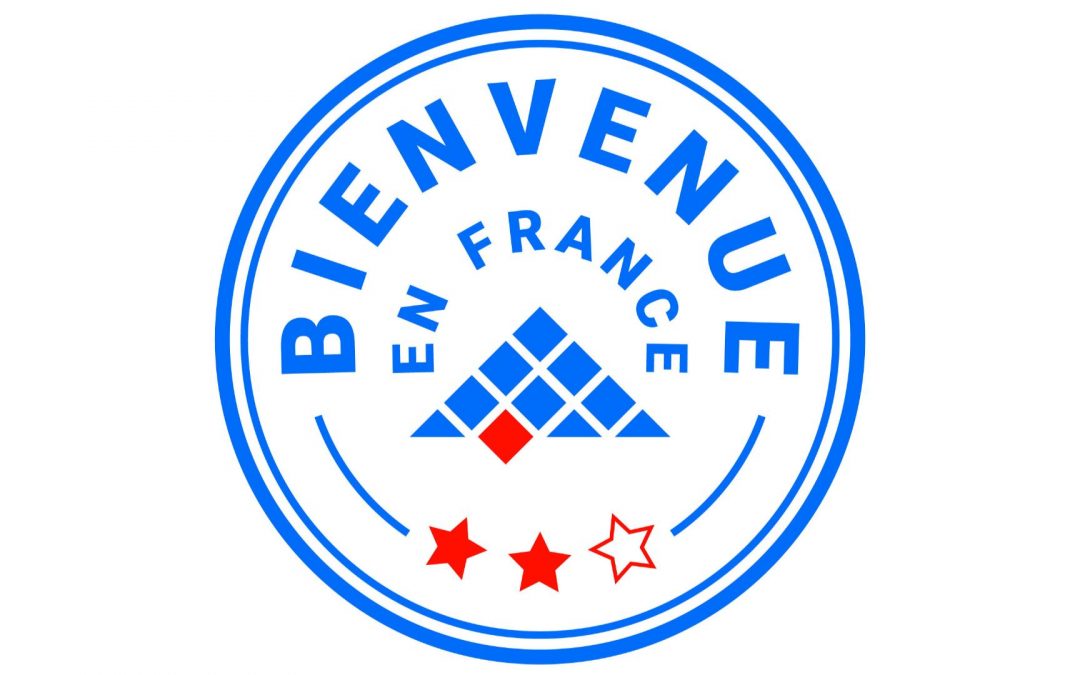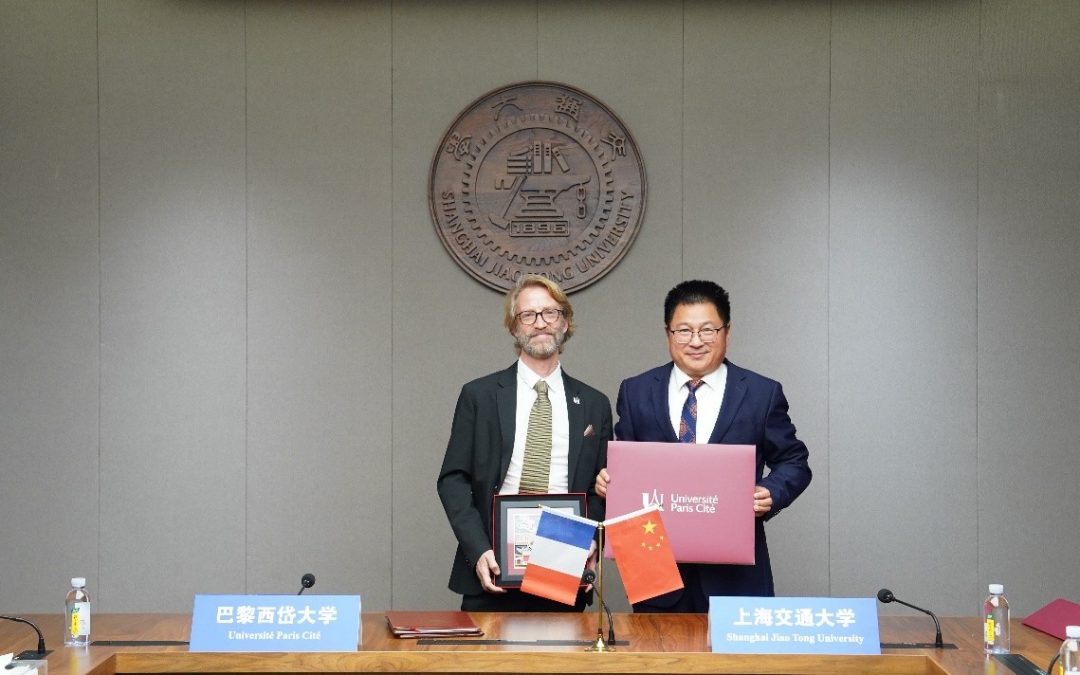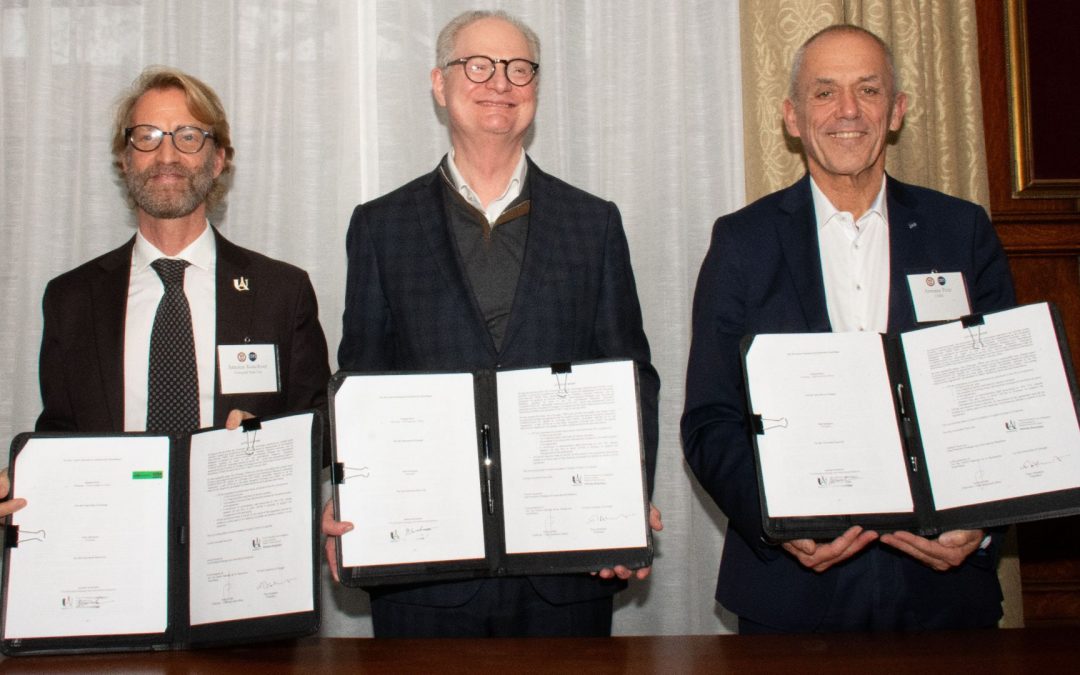Cultural Tips during your stay in France
There are very often hidden aspects of a culture that may not seem obvious that are discovered only after staying in the country for an extended period of time. Below are a handful of tips to help you navigate through the cultural adjustment.

Navigating through cultural differences
- Stay connected and socialize: It is important not be alone and have social support ;
- Connect with students from your home country; meet other international students in the local community. Join student associations ;
- Be open to new experiences, perspectives and try to understand the French culture ;
- Speak French as much as possible, even if it is not your native language.
Do not be afraid to make mistakes, your French does not have to be perfect ! - Suspend judgement on things that are new — they may be different than what you are used to, but they are not necessarily “good” or “bad”.
Preparation
First and foremost, it is recommended to prepare your stay before arriving in France. Read about the history, manners, connect and ask questions with French people you may already know to get familiarised with the French culture.
French values
The French national motto “Liberty, Equality, and Fraternity” reflects the core values of French society. Equality and unity are important to the French. Liberté, Egalité, Fraternité’are often identified as essential to what it means to be ‘French’. For many, the values of equality and fraternity indicate that the French are a unified and undivided group. The origin of the motto goes back to the French Revolution of 1789 and was integrated into the 1958 French constitution.
Manners, politeness & greetings
The French are sensitive to early friendliness and lack of formality, which makes politeness an important value in France. The word “Bonjour” is the cornerstone to politeness in France. When you enter a shop, a classroom, or greet someone, always ensure that you say ‘Bonjour’, otherwise you will appear as being rude. The ‘bonjour’ is usually followed by a handshake in a formal context or ‘les bises’ or kiss one on each side of the cheeks. The kisses on the cheeks demonstrate affection, friendship or respect. These customs have evolved with the global pandemic and may change over time. They are nevertheless traditional ways of greeting one another and are unavoidable in the french culture.
Communication style
French is such an exact language that it is difficult not to be direct when using it. Try to be precise at all times, the language itself facilitates this. While the language may facilitate directness, French communication styles may go from being explicit and frank, to just the opposite, implicit. As a student, you may need to ‘read in between the lines”. It is recommended to ask questions in case of doubt whatever the situation maybe.
“Vous or tu”
Unlike english, the french language has two ways of saying “you”, to be used depending on the degree of formality and to whom you are addressing. “Vous” is the formal tense which also illustrates hierarchy; inherent in French culture which influences social interactions. ‘Tu’ is informal, used with friends and family. In general, before you use ‘tu’ to someone you do not know or your professor, is it best to always initiate the conversation using the formal tense to respect politeness and formality.
Debating
French people love to discuss, talk, convince and debate about ideas, social and current events; it is simply a part of the French way of life. It is considered as an intellectual exercise. The French like to see things from all angles. Be willing to discuss topics and projects at length. Show that you respect the French point of view, even if it may differ from your own. When expressing yourself, be logical and avoid contradictions.
Read more

Université Paris Cité awarded the “Bienvenue en France” Label
On 11th December 2025, Campus France awarded Université Paris Cité the “Bienvenue en France” Label, Level 2, recognising the university’s commitment to offering a high-quality welcome for international students. The "Bienvenue en France" Label Granted for a period of...

Université Paris Cité strengthens its cooperation with Shanghai Jiao Tong University
Université Paris Cité and Shanghai Jiao Tong University (SJTU) sign a new cooperation agreement and a mobility agreement aimed at expanding a long-standing partnership, initially focused on medicine, to all academic disciplines.Antoine Kouchner, vice president of...

UPCité, UChicago, and CNRS create two international laboratories
On November 19, 2025, Université Paris Cité, the University of Chicago, and CNRS officially announced the creation of two international research laboratories (IRLs): HumanitiesPlus and Particle Physics and Cosmology.Antoine Kouchner, vice president of International...

Université Paris Cité on the path to internationalising its programmes
L'Université Paris Cité is committed to internationalising part of its study programmes and supporting academic staff who wish to be part of this initiative. In order to provide them with the best support possible in gradually transforming their course modules, it has...
